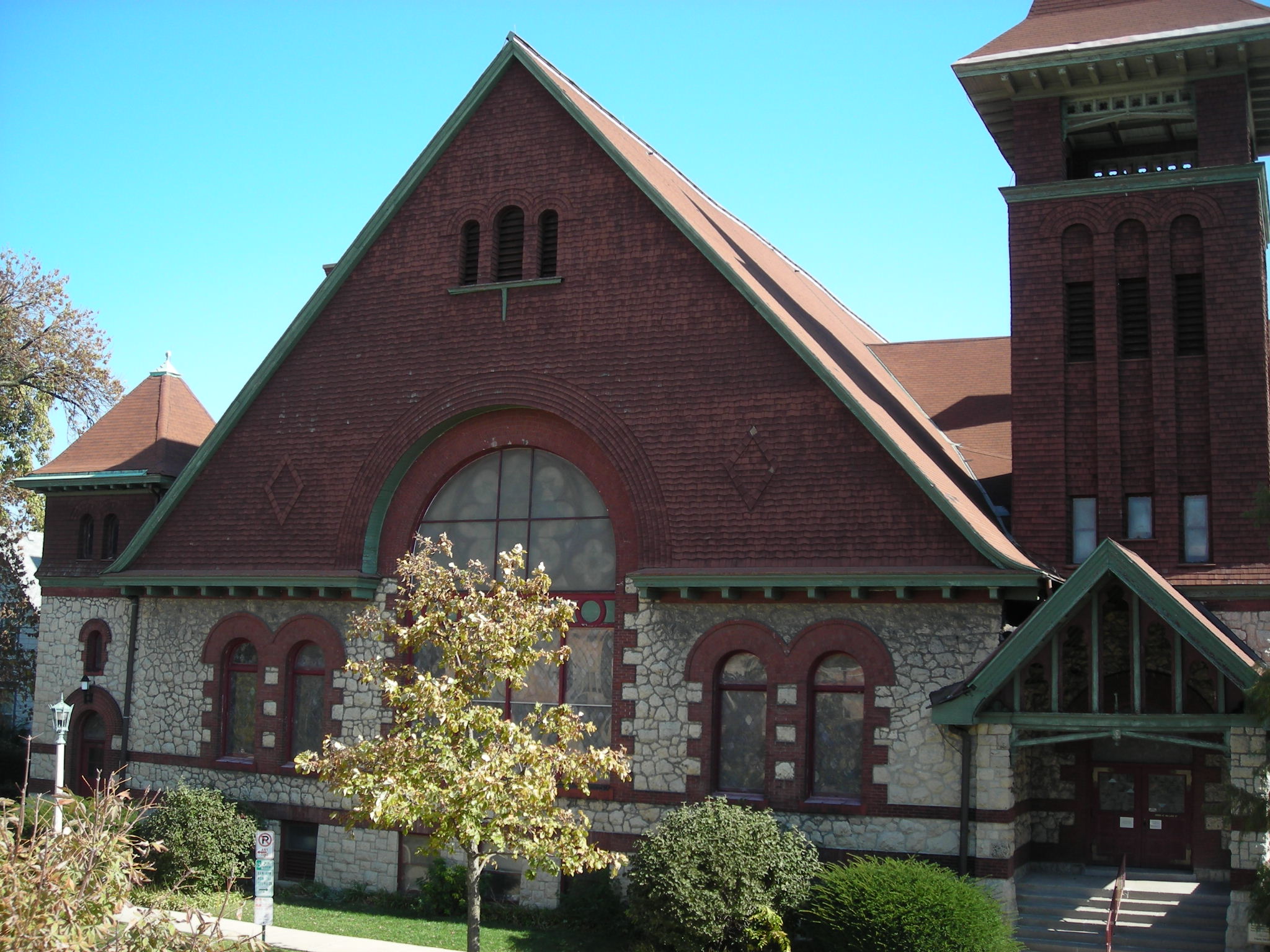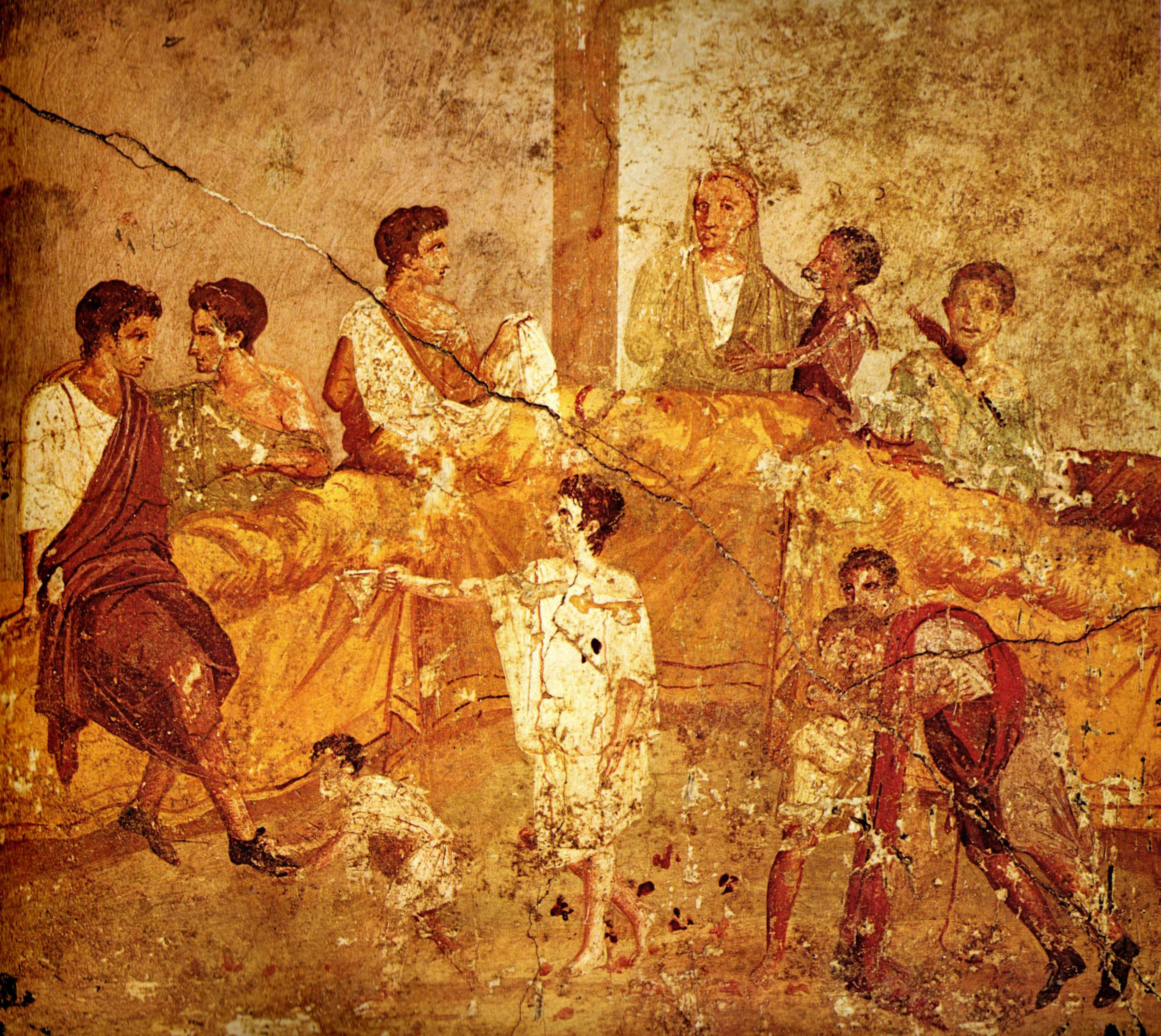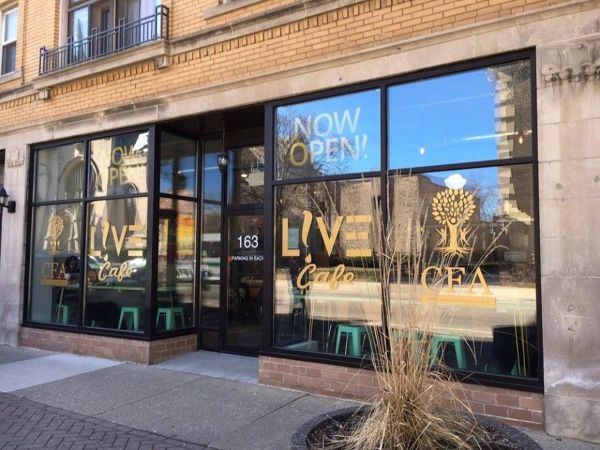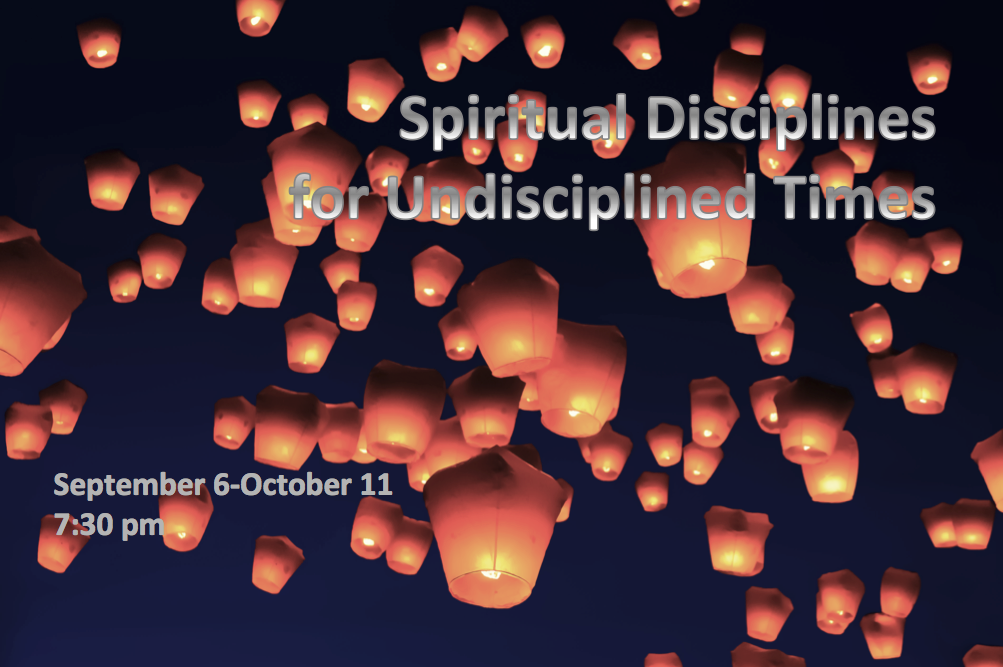
When Love Runs Out
Tim: Our final Advent study focuses on love, of course. But we’re going to raise some difficult questions that typically don’t make the cut when Advent turns its attention to love.
Shea: With Advent’s fourth Sunday sitting in closest proximity to Christmas, we usually focus on the power of love and the language comes very close to going over the top. Love can change the world. Love is all we need. Love can do anything. But I’m not so sure about that. I’ve had times when all the love in the world couldn’t change a thing—other than me, I suppose.
Tim: See there. Love did make a difference, just not the one you wanted! I think the contradiction that comes with loving others is one of the big take-aways in our last essay from Anne Lamott. In “Jah” she recalls trying to love a recovering alcoholic friend back to wellness. But apparently love doesn’t conquer all. As Bible-believing Christian, I’m not quite sure what to do with that. I’m not sure I’m comfortable admitting that love sometimes stops working. What about 1 Corinthians 13: “love never fails”?
Shea: Does love ever stop working? Or are we trying to work love in ways that love simply resists? Lamott loves her friend the best way she knows how. But there’s a kind of willfulness in her love, a determination to bring her friend around to her way of seeing and being. The turn-around Lamott wants is more than her friend can handle.
Tim: If there’s a twist in the story, it’s in how love goes to work on Lamott. After she thinks her love has failed, she finally allows her friend to join the conversation. Before that, when she was trying to force love on her friend, she did what so many of us do: she turned their dialogue into a monologue. She did most of the talking and not much of the listening. Even her prayers were more about telling God what needed doing than asking what was best.
Shea: The beauty of Lamott’s essay surfaces in what she discovers after her attempts at love run out. When our ideas about love fall short, grace and hope come to the rescue. Not always for the people we think we’re loving so well, but usually grace and hope come looking for us, because that’s what we need.
Tim: Gives us plenty to talk about this week at Gather, that’s for sure.
Shea: Yes! Powerful stuff and, despite the difficulty of the topic, a great gift to take into the Christmas holiday!

Join us this Thursday at 7:30 as we conclude our Advent study series, Hopeward Bound, a hope-peace-joy-love sequence of conversations in tandem with Anne Lamott’s Almost Everything: Notes on Hope. We meet in the Chapel of Pilgrim Congregational Church, 460 Lake Street, in Oak Park, Illinois. If you’re unable to get there in person, find us online at Facebook Live.
We need your help!
As we think about the future of Gather, please let us know what gifts you bring and would like to share with the community. There are many roles that have to come together to make Gather happen every week. This includes setup, technical support, worship, managing handouts and information, coordinating drinks, and teardown. We need your help. Please let us know what type of service you’d be interested in!
Watch God Work,
Tim & Shea
As we prepare to become a vibrant worshipping community, we invite you to enjoy a Spotify playlist that captures the kind of worship we hope to embrace. Give it a spin while you’re driving. Make it your workout jam. Add it to your devotional time. Most of all, feel yourself becoming part of a sacred village of believers who love their God and one another!
Check out the Gather Worship Playlist here.












